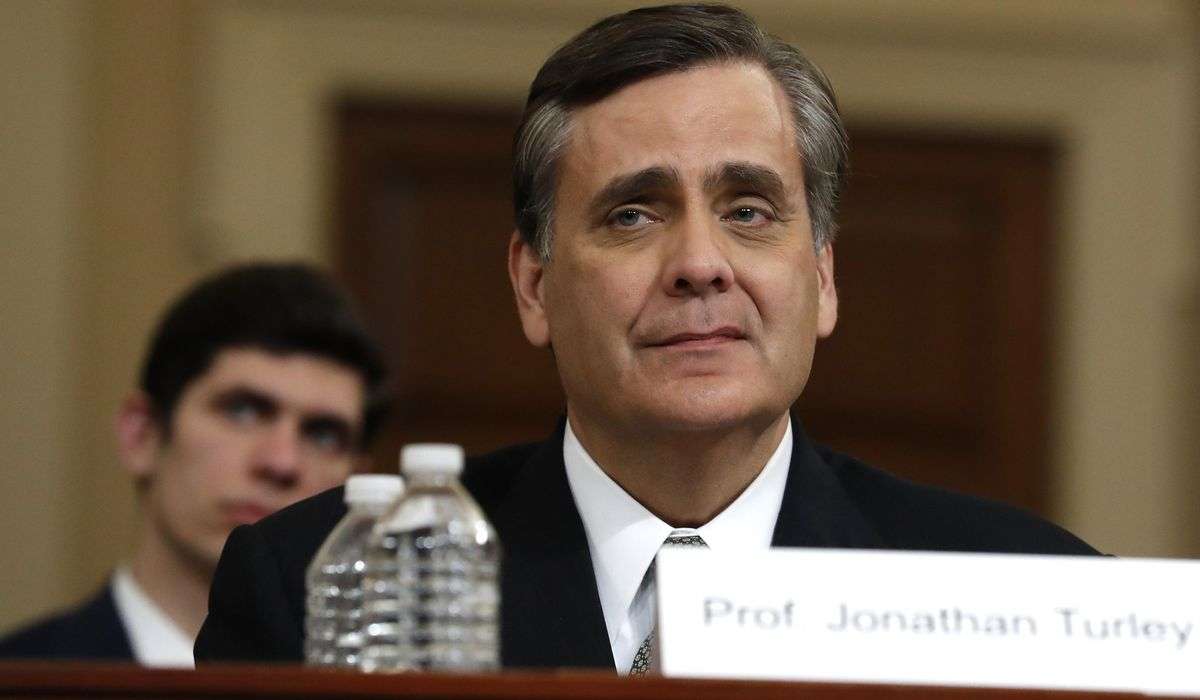Legal contortions keep President Biden’s unconfirmed labor secretary on the job

President Biden’s nominee to run the Department of Labor couldn’t muster the votes last year to win Senate confirmation, but she’s not going away.
Mr. Biden plans to renominate Julie Su and keep her on the job as acting labor secretary, a position she’s held since March. She has used the role to push for major changes in the nation’s workforce, including a proposed expansion of the overtime rule that critics say will kill jobs and lower wages.
According to congressional Republicans, Mr. Biden is breaking the law by keeping her at the Labor Department’s helm.
Ms. Su is the longest-serving cabinet nominee who has gone without a confirmation vote when the Senate and White House are controlled by the same party, say Republicans, who have urged Mr. Biden to pull her nomination.
“It is clear Ms. Su lacks the necessary votes for confirmation. I urge President Biden to put forward a nominee who is committed to fair enforcement of our nation’s labor laws and is capable of being confirmed in the Senate,” said Sen. Bill Cassidy of Louisiana, the top Republican on the Health, Education, Labor and Pensions Committee.
Ms. Su is limited to 210 days in an acting cabinet position under the Federal Vacancies Reform Act, a law created to prevent the president from permanently keeping unconfirmed nominees in office.
Her acting status hasn’t stopped Ms. Su from issuing new rules, though Republicans warn her actions are vulnerable to legal challenges.
The White House said she can remain as acting secretary under the Labor Department’s Succession Act, which carves out an exception to the 210-day limit.
Ms. Su was confirmed by the Senate as deputy secretary in 2021 before succeeding Labor Secretary Marty Walsh, who quit in March to run the National Hockey League Players’ Association.
A Government Accountability Office opinion in September sided with Democrats on the matter, but Republicans accused Mr. Biden of misusing the succession act to circumvent the Senate.
“It is absolutely unacceptable for your administration to do an end-run around the constitutional obligation to see the advice and consent of the Senate — particularly for a nominee that has already demonstrated an inability to garner the necessary votes for confirmation,” Senate Republicans said in a letter to Mr. Biden.
Ms. Su’s problem isn’t just the GOP, who are in the Senate minority. Moderates in her party aren’t eager to vote for her either, which is why Majority Leader Charles E. Schumer, New York Democrat, won’t put her nomination to the test on the Senate floor.
Sen. Joe Manchin III, West Virginia Democrat, declared his opposition to Ms. Su and Sen. Kyrsten Sinema, an Arizona independent aligned with Democrats, signaled she’s a no vote, leaving Ms. Su short of the simple majority needed to win confirmation.
Mr. Manchin said Ms. Su’s “progressive background” would prevent her from forging compromises with labor and industry.
Ms. Su, a former civil rights lawyer and activist, previously ran California’s labor department. She ushered in California’s AB5, which reclassified thousands of independent contractors or “gig” workers as employees, making them eligible for benefits and overtime pay and subject to labor union dues.
The new rule was so unpopular the state and a voter referendum carved out a raft of exceptions.
Republicans warn that if Ms. Su remains at Labor, she’ll force millions of workers to pay union dues and impose California’s much-criticized gig worker law on the nation.
Last year, she revived an Obama-era expansion of overtime pay eligibility that was previously defeated in court. It would increase the annual income threshold for those who are exempt from overtime pay from $35,568 to $55,068 with automatic updates every three years.
“I’ve heard from workers again and again about working long hours, for no extra pay, all while earning low salaries that don’t come anywhere close to compensating them for their sacrifices,” Ms. Su said when announcing the proposed rule on Aug. 30.
Critics argue it’s too drastic an increase and point out the threshold was raised in 2019 from $23,660 to its current level.
Employers said Ms. Su’s overtime rule would remove employee work flexibility, cut into benefits and create nightmarish record-keeping compliance issues and increase costs.
Kristin Sharp, CEO of Flex, a trade association representing top ride-hailing and delivery apps, said Ms. Su shouldn’t be confirmed because of her track record and “failure to communicate a vision for a future-forward, modern economy.”
Ms. Sharp called on Mr. Biden to delay any new rules on gig workers until the Senate confirms a labor secretary.
But Ms. Su isn’t going anywhere.
“We see her performance as admirable, and we think she is doing a great job in that role,” said White House press secretary Karine Jean-Pierre. “She will be renominated. And we are certainly committed to that.”






